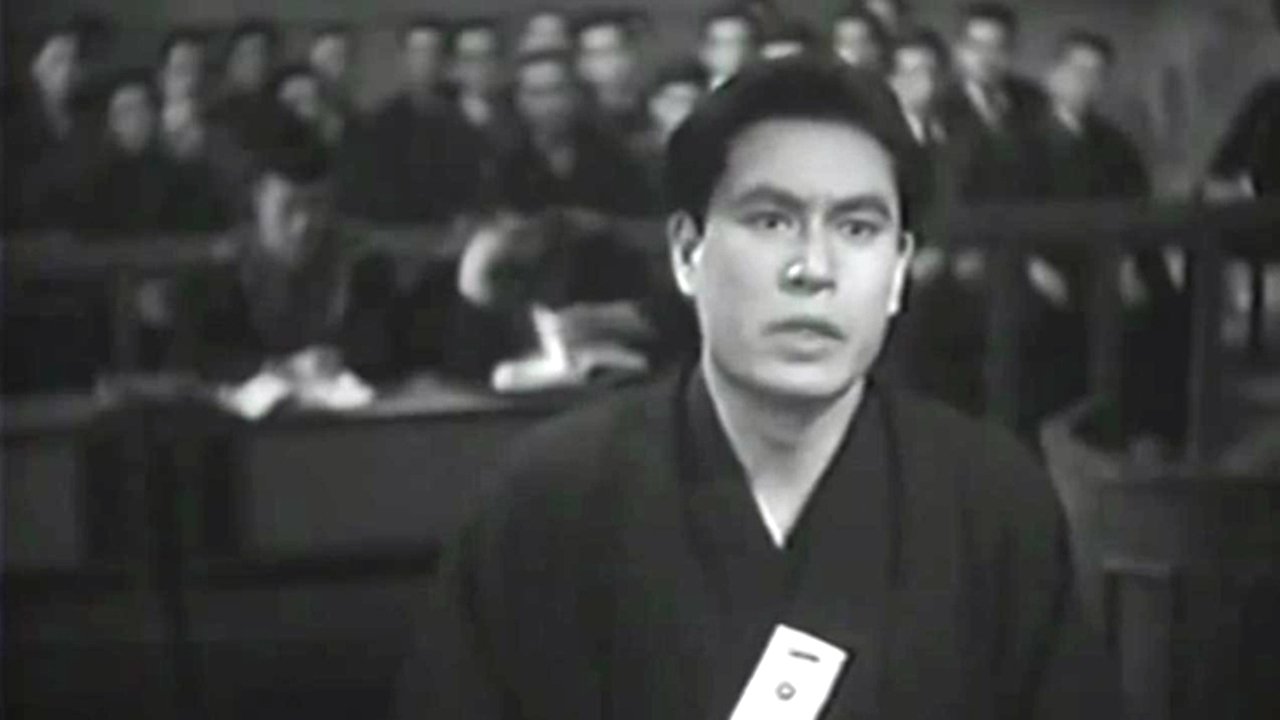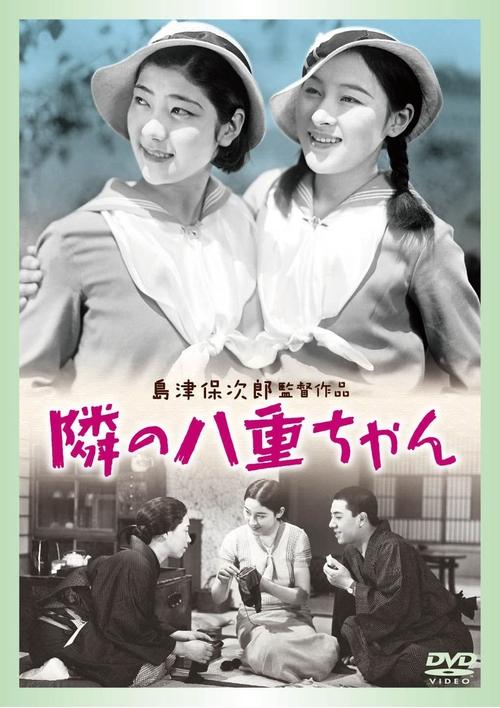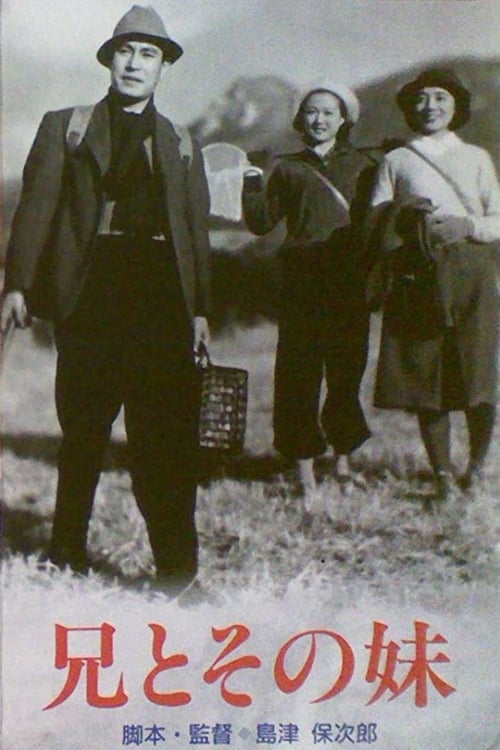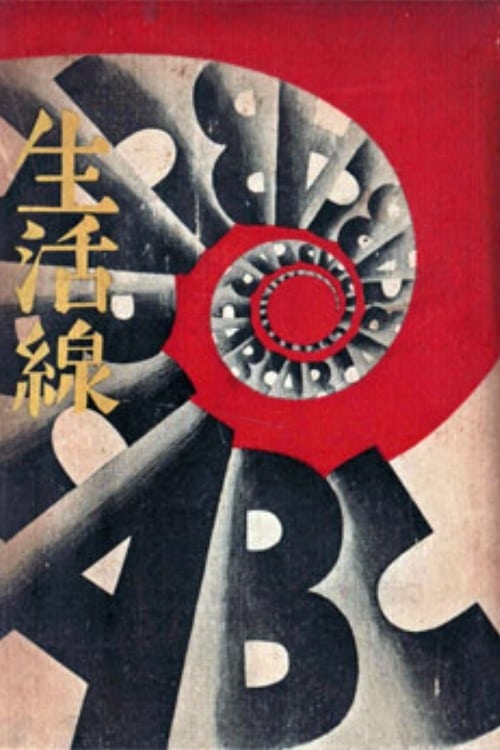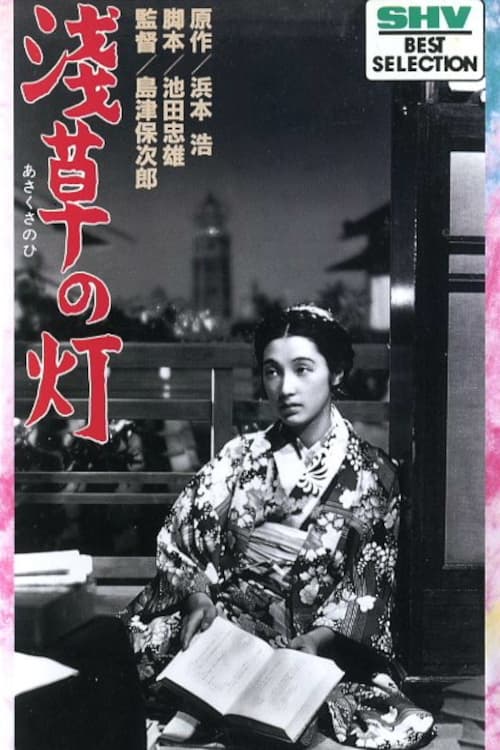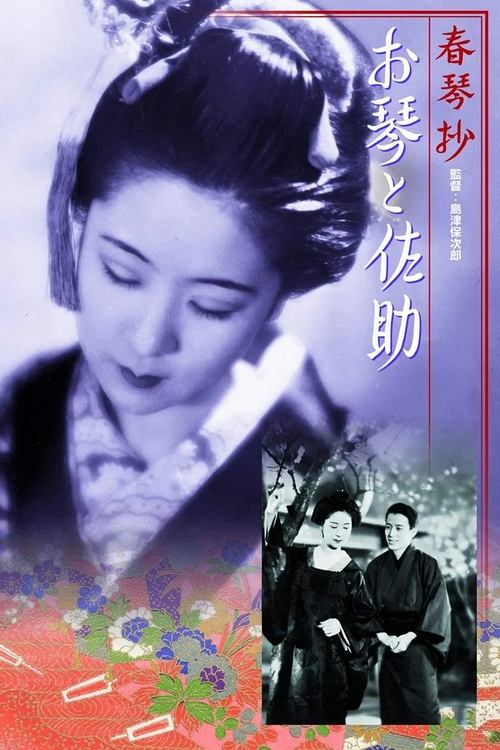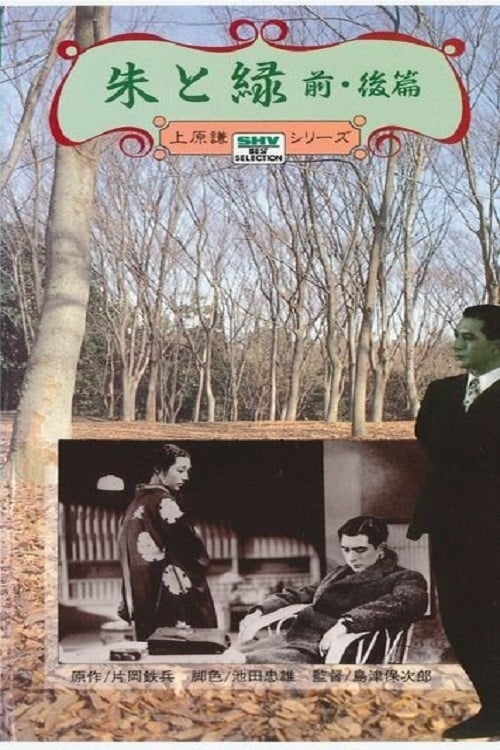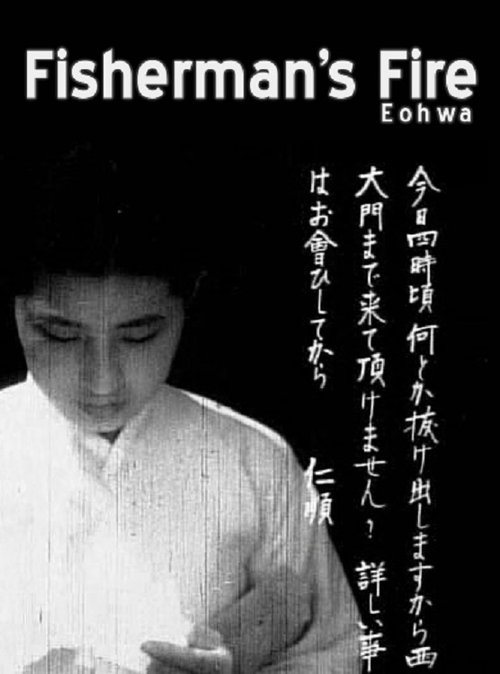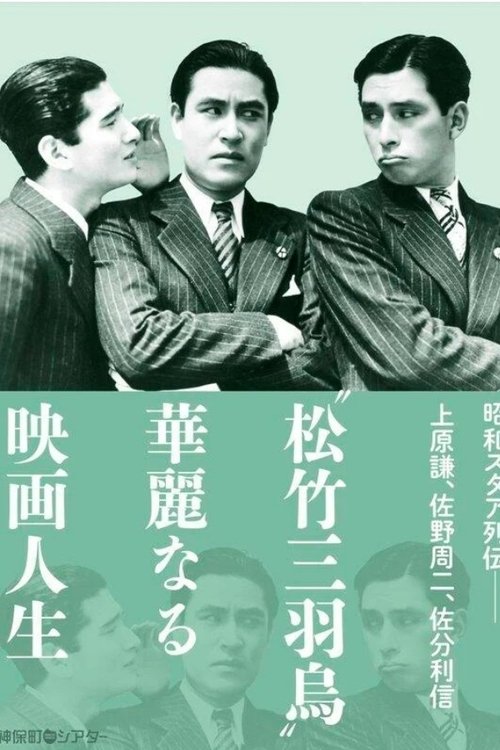
Yasujirō Shimazu
Yasujirō Shimazu (島津 保次郎, Shimazu Yasujirō, 3 June 1897 – 18 September 1945) was a Japanese film director and screenwriter, and a pioneer of the shōshimin-eiga (common people drama) genre at the Shōchiku studios in pre-World War II Japan.
Shimazu was born in Tokyo, the second son of merchant Otojirō Shimazu. His father owned a long-established seaweed business named Kōshū-ya directly in front of the main Mitsukoshi department store in Nihonbashi.
Shimazu entered Shōchiku in 1920 after answering an advertisement and began training under Kaoru Osanai. He gave his debut as director in 1921 at Shōchiku's recently established Kamata studio, directing both comedy and melodrama films, often depicting the everyday life of the lower middle classes. Our Neighbor, Miss Yae (1934) and A Brother and His Younger Sister (1939) are regarded as his most exemplary and best films.
By the end of the 1930s, he moved to Tōhō studios, where he made some films in cooperation with the Manchuria Film Association. He died of cancer just after the war ended. Many famous directors, such as Heinosuke Gosho, Shirō Toyoda, Kōzaburō Yoshimura, and Keisuke Kinoshita, started their careers as his assistant.
